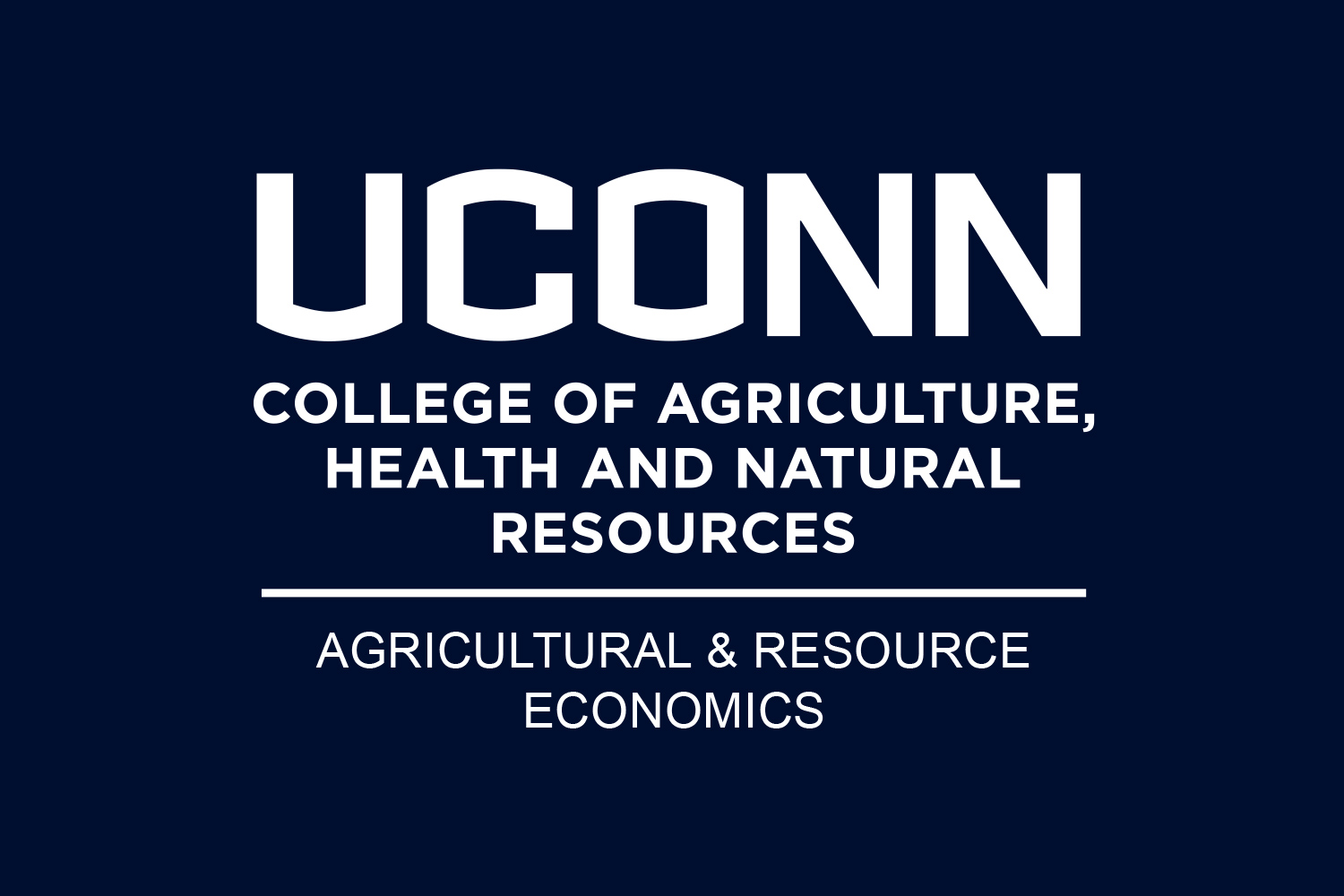This article originally appeared on CAHNR Newsroom.
Nathan Fiala, associate professor in the Department of Agricultural and Resource Economics, conducts research toward the goal of reducing poverty and food insecurity, both in the United States and abroad.
One of his latest projects, funded through the United States Department of Agriculture, assessed the disproportional effects of COVID-19 on minority and low-income frontline workers.
“There were a good number of people under sixty that died from COVID in Connecticut and Massachusetts and the majority of those people were frontline workers, such as those working at grocery stores, food delivery drivers, and inside construction workers,” Fiala says.
His research team examined COVID deaths in Connecticut and Massachusetts from March through August 2020 and discovered a cluster of deaths among younger people. “Most of the people who died were frontline workers and relatively young – under sixty years old – and we have evidence that it was not due to underlying health issues, but because they were not given enough protections and forced back into dangerous jobs,” Fiala asserts.
The virus impacted frontline black and Hispanic households more so than white households. Additionally, the loss of the main wage earner in low-income and minority populations can be devastating to the entire community.
“We put many low-income marginalized groups in a lot of danger, especially in the beginning of the pandemic,” Fiala says.
For instance, at the start of this pandemic, meat packers were forced back to work under unhealthy conditions because as a country, suppliers did not want to reduce the quantity of available meat and consumers were panic buying. It appears that Americans were less willing to sacrifice, both individually and on a corporate level, than during World War II, when people did without many everyday staples and conveniences over the course of several years.
Now, a year into this pandemic, meat packing companies and retail stores such as grocery stores, have added certain safety measures. Grocery store cashiers are not currently dying at higher rates than the general population, where safety protocols such as plexiglass barriers and mask requirements have been implemented. In March and April there were huge health and safety issues with few people wearing masks and plexiglass barriers not yet installed. Those who died in April and May were likely exposed in March.
“If you look at these deaths in terms of monetary losses, we estimate the loss of income over the expected lifespan of these people to be three billion dollars in these two states alone,” Fiala notes.
“This data shows us that we have to be more prepared for what comes next whether it is another pandemic, or other safety crisis,” he points out. “Competent leadership is important to be better prepared, and we need more protection for workers in general. We must learn from our past mistakes.”
Working with Fiala on this project was Rui Sun, a PH.D. student in the Department of Economics, and Corey Goodrich, ARE research assistant. In another project funded through the World Bank in cooperation with the government of Uganda, Fiala analyzed the effects of a program that provided individual grants to start small businesses.
Over a decade ago, Fiala visited Uganda to observe a cash grant program, and this summer, his team finished a twelve-year follow-up study to determine if the people receiving these grants fared better during the COVID pandemic. The results confirmed that the recipients were more likely to be working and earning a higher income during the pandemic than those who did not receive grants.
The project examined 2,600 grant awardees averaging $400 per grant. They included skilled workers such as carpenters, metal fabricators, and tailors creating products for their community such as chairs, gates, or clothing. The program success rate was in the range of 70 to 80 percent.
In comparison, those not receiving grants tend to work in low paying manual labor positions that were negatively affected during the pandemic.
“This shows that a fairly inexpensive grant from the government provided stability that continued during this health crisis,” Fiala points out. “Providing these startup funds to very poor people helped them make better decisions and start small businesses that have had a long-term positive impact, especially during this financially difficult time during the COVID pandemic.



